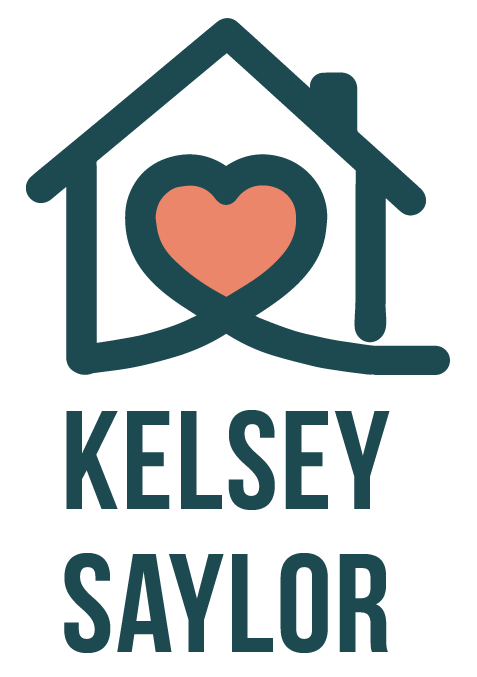Frequently Asked Questions
How do I start the process of buying a home?
To begin the home-buying process, you should first determine your budget and get pre-approved for a mortgage. Then, start browsing listings online or contact a real estate agent to assist you in finding properties that meet your criteria. I can connect you with trusted lenders.
What are the benefits of working with a real estate agent?
Real estate agents provide valuable expertise, guidance, and negotiation skills throughout the buying or selling process. They have access to listings, market insights, and can handle paperwork making the process smoother and less stressful for you.
How much does it cost to hire a real estate agent?
Typically, real estate agents are compensated through a commission based on the sale price of the property. This commission is negotiable, but is usually split between the buyer's agent and the seller's agent. Please see "Buyer Forms" for the Washington State required Buyer Agency Agreement for more details.
What is the difference between pre-approval and being underwritten?
Pre-approval:
Pre-approval is an initial step in the mortgage process where a lender evaluates your financial information to determine how much they are willing to lend you. This involves providing the lender with documentation such as income verification, assets, debts, and credit history.
Pre-approval gives you a clear idea of your budget and shows sellers that you're a serious buyer. However, it's important to note that pre-approval is not a guarantee of a loan. It's based on the information provided at the time of application and is subject to verification during underwriting.
Underwriting:
Underwriting is the thorough review of your mortgage application by the lender's underwriter, who assesses your financial situation, creditworthiness, and the property you intend to purchase. The underwriter ensures that you meet the lender's guidelines and that the loan meets regulatory requirements.
Underwriting typically takes place after you've found a property and submitted a formal loan application. The underwriter may request additional documentation or clarification during this process.
Once the underwriter approves the loan, it moves forward to closing, where you sign the final paperwork and take possession of the property.
In summary, pre-approval is an initial assessment of your eligibility for a mortgage based on your financial information, while underwriting is a more in-depth evaluation conducted by the lender's underwriter to finalize the loan approval process.
What should I look for during a home inspection?
During a home inspection, it's important to pay attention to the structural integrity of the property, the condition of major systems (such as HVAC, plumbing, and electrical), any signs of water damage or mold, age/condition of the roof and the overall safety of the home.
How long does it typically take to close on a house?
The closing process can vary depending on factors such as financing, inspections, and negotiations. On average, it takes around 30 to 45 days from the time an offer is accepted to the closing date.
What is earnest money, and how much should I offer?
Earnest money is a deposit made by the buyer to demonstrate their seriousness about purchasing the property. The amount can vary but is typically around 3% of the purchase price. It is held in escrow until the sale is finalized.
What are closing costs, and who typically pays them?
Closing costs are fees associated with finalizing the real estate transaction and can include items such as appraisal fees, title insurance, and attorney fees. Both the buyer and seller typically pay closing costs, although the specific expenses can be negotiated as part of the sales contract.
How can I determine the fair market value of a property?
Fair market value is determined by factors such as the property's location, size, condition, and recent sales of comparable properties in the area. A real estate agent can provide a comparative market analysis (CMA) to help you determine a fair price.
What is a home warranty, and should I consider purchasing one?
A home warranty is a service contract that covers the repair or replacement of major home systems and appliances. It can provide peace of mind for buyers, especially for older homes, but it's important to review the coverage and exclusions carefully before purchasing.

